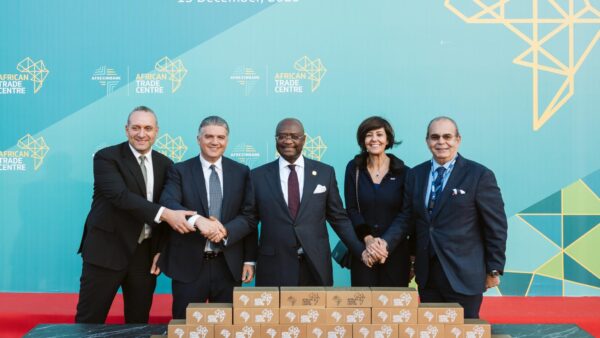Marcelo Odebrecht, the former chief executive of Brazil’s largest construction company, was convicted of corruption and money laundering yesterday and sentenced to more than 19 years in prison.
The heavy sentence for the highest-profile construction executive in the ongoing Petrobras investigation surprised analysts, and demonstrated the hard line prosecutors are taking in a scandal that is rocking the foundations of the Brazilian state.
Corruption with the payment of bribes of over hundreds of millions of reals, which has the consequence of draining the public coffers, merits special condemnation– Judge Sergio Moro
In a 234-page decision judge Sergio Moro said Odebrecht, who stepped down from his role at Odebrecht SA in December 2015 following his arrest the previous June, had paid about $35m in bribes to officials at Petrobras and had used overseas accounts to launder the money.
“Corruption with the payment of bribes of over hundreds of millions of reals, which has the consequence of draining the public coffers, merits special condemnation,” Judge Moro wrote, according to The New York Times.
Testimony in the vast probe begun by Judge Moro in March 2014 suggests that construction companies formed a cartel in 2003 to overcharge Petrobras, the state-owned oil company, for building contracts, and then paid some of the illicit cash to Petrobras executives and politicians, including some in the governing Workers’ Party.
Odebrecht’s sentence, which he is expected to appeal, follows the detaining on Friday 4 March of former Brazilian president Lula da Silva to be questioned over allegations that he received kick-backs from Odebrecht and another construction company, OAS.
Sixty-seven people have now been convicted in the investigation, known as called Operation Lava Jato (Car Wash), and its momentum is only increasing.
I can’t remember any other case in Brazil with as harsh a sentence against a business leader– Mauricio Santoro, political science professor
Odebrecht’s company was founded by his grandfather in 1944. It now operates in 27 countries, including Cuba, Venezuela, China and the United States, and employs more than 250,000 people. It won contracts to work on many of the stadiums built for the 2014 World Cup in Brazil and has worked on many construction projects for the Summer Olympics to be held here this August, including the athletes’ village and the Olympic Park.
Judge Moro said Odebrecht’s company had worked with other companies to systematically rig the bidding on Petrobras projects since 2006. Odebrecht had close ties with the current president, Dilma Rousseff, and her predecessor Lula da Silva.
The length of the sentence is unprecedented for a business leader, analysts told The New York Times.
“I can’t remember any other case in Brazil with as harsh a sentence against a business leader,” said Mauricio Santoro, a professor of political science at the State University of Rio de Janeiro. He said it would send a message to the business community about corruption and impunity.
Odebrecht’s sentence may have been intended to frighten other business executives into making plea bargains with prosecutors. “This will give a big incentive for other executives to cooperate with justice,” Professor Santoro said.
Marcelo Odebrecht’s lawyer, Nabor Bulhões, said the sentence was “unjust” and a result of “a grave judiciary error.” He contended that the evidence did not support Judge Moro’s ruling.






